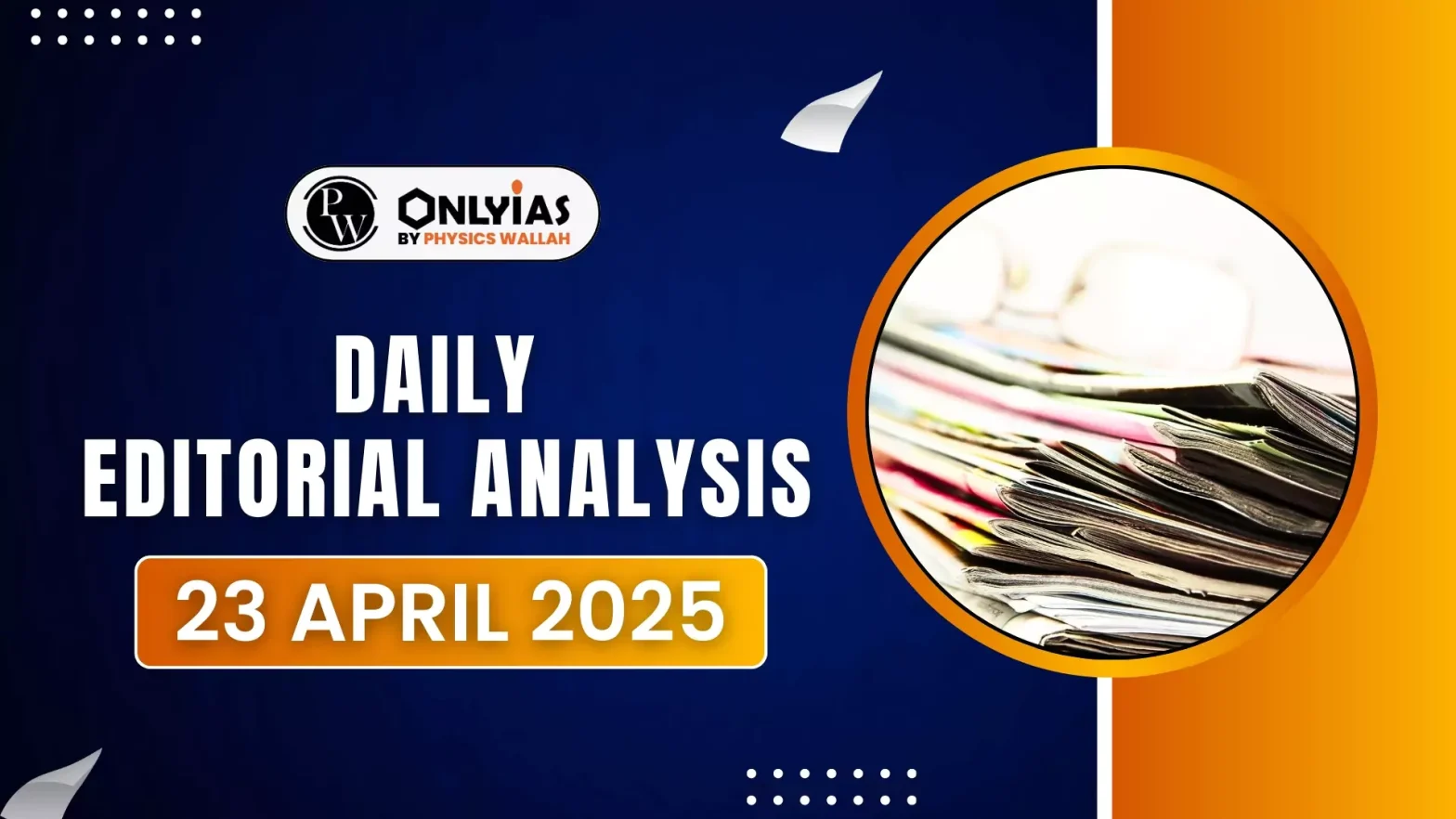The Election Commission of India (ECI) has renewed its push to link Aadhaar with voter IDs, citing objectives like cleaning electoral rolls, eliminating bogus voters, and enhancing electoral integrity.
Issues with Linking Aadhar with Voter ID’s
- Illusion of voluntariness: While the ECI claims that Aadhaar linkage is voluntary, Form 6B compels voters to either submit their Aadhaar number, or declare they do not possess one, coercing even the unwilling into compliance.
- Questionable Practices: By September 2023, over 66 crore Aadhaar numbers were seeded, enabled by a coercive legal framework and legally questionable data-sharing practices such as the DBT Seeding Data Viewer allowing third-party access, and the repurposing of data from the National Population Register and other government sources.
- Risk of exclusion: The latest proposal requires non-Aadhaar holders to physically justify their choice before an Electoral Registration Officer, disproportionately impacting elderly citizens, persons with disabilities, migrant workers, and remote populations.
- This undermines individual dignity and trust in democratic processes.
- Violation of natural justice: The absence of a clear appellate mechanism aggravates the issue. The Supreme Court in Lal Babu Hussein (1995) emphasized that deletion from electoral rolls must follow natural justice and procedural fairness.
- Citizenship Misconception: Aadhaar is a residency-based ID, not citizenship proof. Section 9 of the Aadhaar Act, 2016 clearly states that Aadhaar is not a valid proof of citizenship.
- Legal Inconsistencies: According to UIDAI, even non-citizens residing 182+ days in India are eligible for Aadhaar. Both High Courts and UIDAI confirm that Aadhaar does not certify citizenship.
- Limitations on Aadhaar’s usage: The Supreme Court in Justice K.S. Puttaswamy (2018) restricted the use of Aadhaar to welfare schemes under Section 7 of the Aadhaar Act. Using Aadhaar for voter verification exceeds this constitutional mandate.
- Telangana and Andhra Pradesh: During the 2015 NERPAP exercise, over 55 lakh voters were wrongfully deleted due to Aadhaar mismatches.
- Many voters discovered their exclusions only on election day. The Supreme Court halted the initiative through its August 11, 2015 order.
- Voter profiling risks: Linking Aadhaar to voter data enables cross-referencing with other databases, micro-targeting of voters, suppression of opposition strongholds, and manipulation of electoral rolls.
- Surveillance: The Digital Personal Data Protection (DPDP) Act, 2023 provides wide-ranging exemptions for government bodies, facilitating potential data surveillance and profiling.
- Compromising Institutional Independence: The ECI is a constitutional body responsible for conducting elections, whereas the UIDAI is a statutory body under executive control, subject to government directions (Section 50) and supersession (Section 48).
- Entrusting electoral data to UIDAI compromises institutional independence and undermines the integrity of elections.
- CAG’s audit report: According to the 2022 CAG Audit Report (No. 24 of 2021), 4.75 lakh Aadhaar numbers were cancelled due to duplication and biometric errors.
- Lack of Infrastructure: The UIDAI lacks a system for specific residency verification and a robust eligibility determination process. Relying on such an error-prone database endangers the accuracy and inclusivity of voter rolls.
Way Forward
- Strengthening Mechanisms: Rather than relying on technological fixes that infringe on privacy, the Election Commission of India (ECI) should reinforce time-tested voter verification methods
- Including door-to-door verification by Booth Level Officers (BLOs), independent audits of electoral rolls, and functional public grievance redressal systems
- Social Audits: Additionally, implementing independent social audits can ensure transparency, prevent manipulation, and enhance democratic accountability.
- Safeguarding the Right to Vote: The right to vote is a constitutional guarantee. Any measure that places unreasonable burdens on citizens, relies on unreliable verification tools, or facilitates political profiling, must be rejected.
- The Aadhaar-voter ID linkage does all three, making it constitutionally indefensible.
Conclusion
The fact that this deeply problematic scheme has garnered bipartisan support only adds to the urgency for public scrutiny and judicial oversight. Protecting the sanctity of universal suffrage demands nothing less.
![]() 23 Apr 2025
23 Apr 2025
